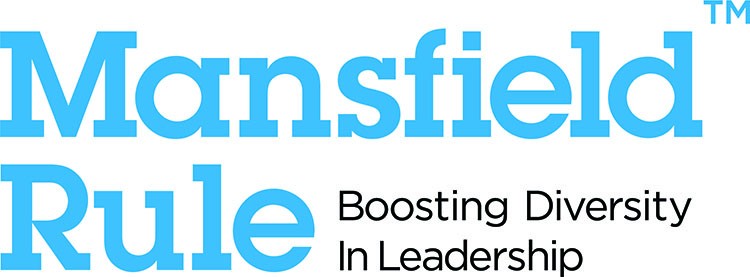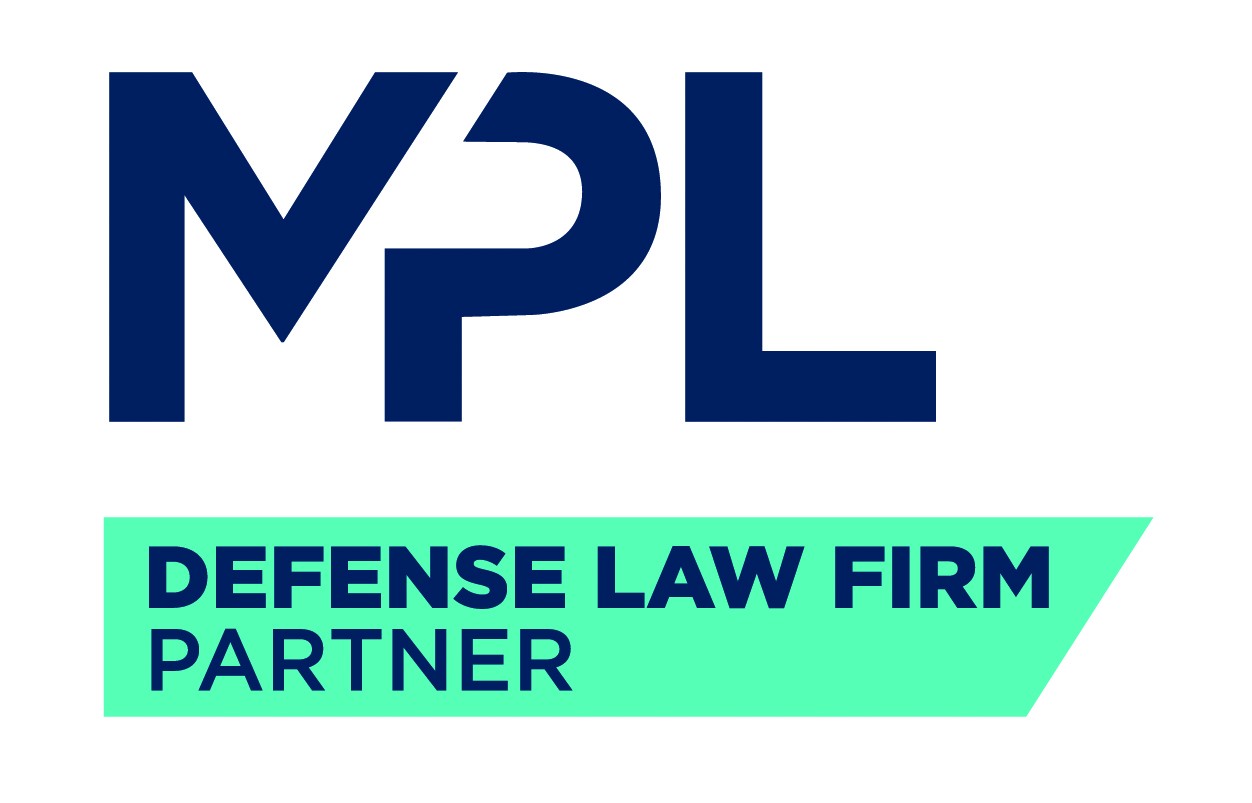
Health Law Monitor
Reimbursement issues
August 21, 2024
In an effort to get around the American Rule of no recovery for attorney fees on negligence claims, an avenue sometimes explored is the addition of a claim under the Colorado Consumer Protection Act, C.R.S. §6-1-101 et seq. The Act provides for recovery of attorney fees by a successful plaintiff (but not a successful defense unless the claim is frivolous), and treble damages. C.R.S. §6-1-113(2).…
August 25, 2022
Earlier this summer, the Supreme Court issued an opinion in Becerra v. Empire Health Foundation, a case where a hospital challenged the Department of Health and Human Services (“HHS”) interpretation of a 2004 regulation affecting the way Medicare’s disproportionate share hospital (“DSH”) adjustments are calculated. The Supreme Court upheld HHS’s interpretation, much to the disappointment of the…
August 17, 2021
As detailed in an earlier blog post, Congress enacted the No Surprises Act (“Act”) to protect patients against “surprise bills.” A surprise bill occurs when a patient receives health care services from an out-of-network provider. It can occur in both emergency and non-emergency situations, although frequently it occurs during emergency situations when a patient does not choose the facility or…
March 22, 2021
Some Inside Baseball
Typically, when a person is seeking medical care, he or she will select a provider who is in-network. This is because a provider will discount its list prices (or charges) in order to be included in an insurance plan’s network.1 Hence, a patient will often seek in-network providers because of this lower negotiated rate.2 But in practice, a patient does not always have this…
November 30, 2020
Three separate price transparency rules have been published or go into effect soon. Hospitals and insurers need to prepare for compliance and all of the legal issues that will arise during implementation of the rules.
The Hospital Price Transparency Rule
Beginning January 1, 2021, the Hospital Price Transparency Rule (“Hospital Transparency Rule”) goes into effect, requiring all hospitals, as…
November 23, 2020
The Centers for Medicare & Medicaid Services (CMS) and the Department of Health and Human Services Office of Inspector General (OIG) issued their long-awaited final rules on November 20, 2020. The final rules revise the Medicare Physician Self-Referral law (Stark law), the Federal Anti-kickback statute, and the Civil Monetary Penalties Rules.1 Each agency has issued a Fact Sheet highlighting the…
October 14, 2020
A recent decision from the District of Columbia’s Court of Appeals has paved the way for the United States Department of Health and Human Services (“HHS”) to continue its policy of Medicare Part B reimbursement reductions for 340B covered entities.
Background
Congress created the 340B drug pricing program in 1992, requiring certain pharmaceutical manufacturers to sell outpatient drugs at discounted…
|
|
© 2025 Jackson Kelly PLLC. All Rights Reserved.











